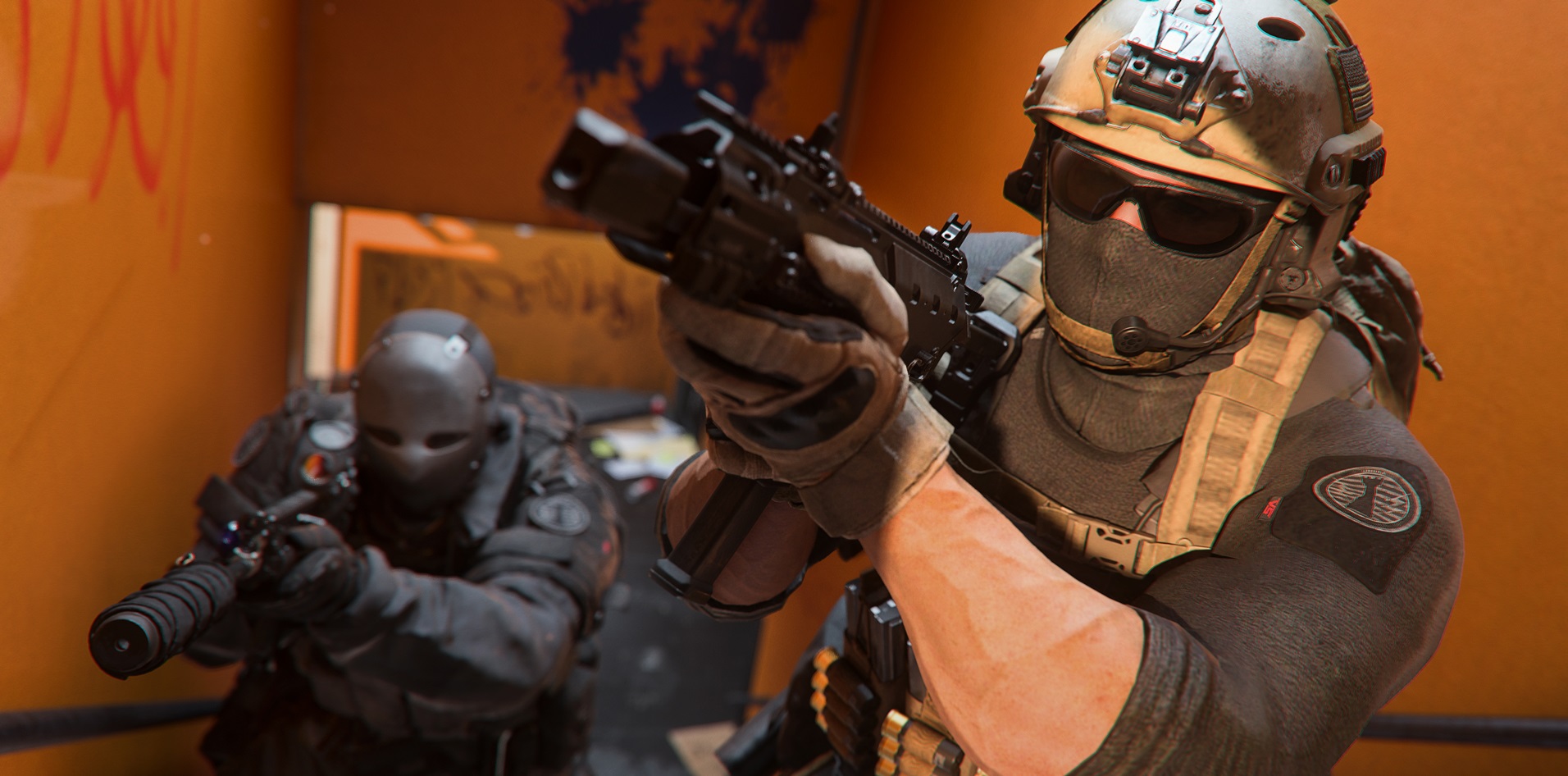Modern Warfare 2's new anti-toxicity tools are 'foundational' for CoD's future
"Combating toxicity is an ongoing commitment".

Activision Blizzard has detailed the new anti-toxicity features introduced with Modern Warfare II, which it says will be "foundational for all future Call of Duty titles going forward". Essentially this is an overhauled in-game reporting system, combined with new tools for the publisher's moderation teams to deal with problem players.
As an example, if a player "is verified to be engaging in offensive voice chat" then Activision Blizzard can now simply "mute that player globally from all in-game voice chat features". The same can be applied to offensive use of in-game chat: players who repeatedly send nasty messages will simply be shut out of the system. These tools will also be present in Call of Duty: Warzone 2.0 at launch.
The new reporting system allows players to select various boilerplate options (like "text chat: offensive") but also provide context to their reports because, per Activision Blizzard, "in-game situations are not always one-size fits all". An optional dialogue box lets players expand on why specifically they're making a complaint, which will be viewed by the moderation team.
As ever this comes attached to a Code of Conduct, which players have to agree to in order to play a given Call of Duty title. The three headline principles are "Treat everyone with respect", "compete with integrity" and "stay vigilant". This text first popped up during the Modern Warfare 2 beta and, whenever a player tries to enter a new multiplayer playlist for the first time, they'll be prompted to sign up. Whether anyone actually reads these things is beside the point: it lets Activision Blizzard say they have, and act accordingly.
"Combating toxicity is an ongoing commitment," ends the Activision Blizzard statement. "We look forward to making progress on this front together as we continue in the fight to make Call of Duty fair and fun for all".
Keep up to date with the most important stories and the best deals, as picked by the PC Gamer team.

Rich is a games journalist with 15 years' experience, beginning his career on Edge magazine before working for a wide range of outlets, including Ars Technica, Eurogamer, GamesRadar+, Gamespot, the Guardian, IGN, the New Statesman, Polygon, and Vice. He was the editor of Kotaku UK, the UK arm of Kotaku, for three years before joining PC Gamer. He is the author of a Brief History of Video Games, a full history of the medium, which the Midwest Book Review described as "[a] must-read for serious minded game historians and curious video game connoisseurs alike."

